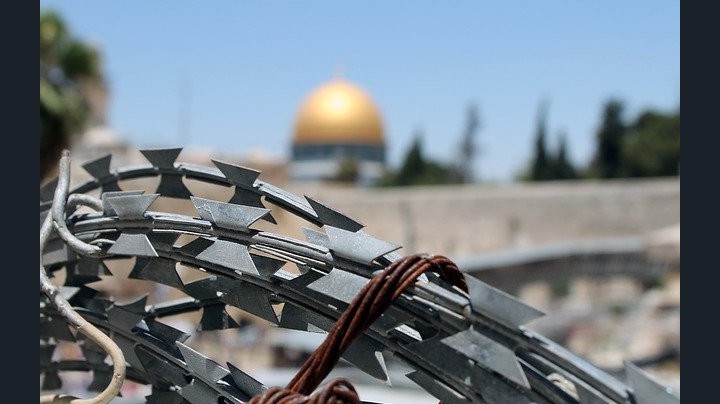The NC Conference Media Center keeps a collection of resources related to the conflict between Israel and Palestine. Borrow these books or DVDs to increase your understanding of the current situation.
Another excellent resource is United Methodist Kairos Response. They offer education, news, action, resources, and webinars, including a webinar that featured our Bishop Hope Morgan Ward and Dr. Mark Braverman, author of A Wall in Jerusalem, as guest speakers.
Books
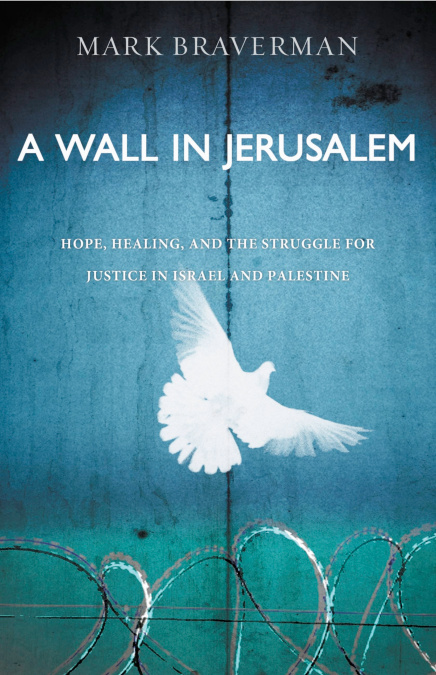
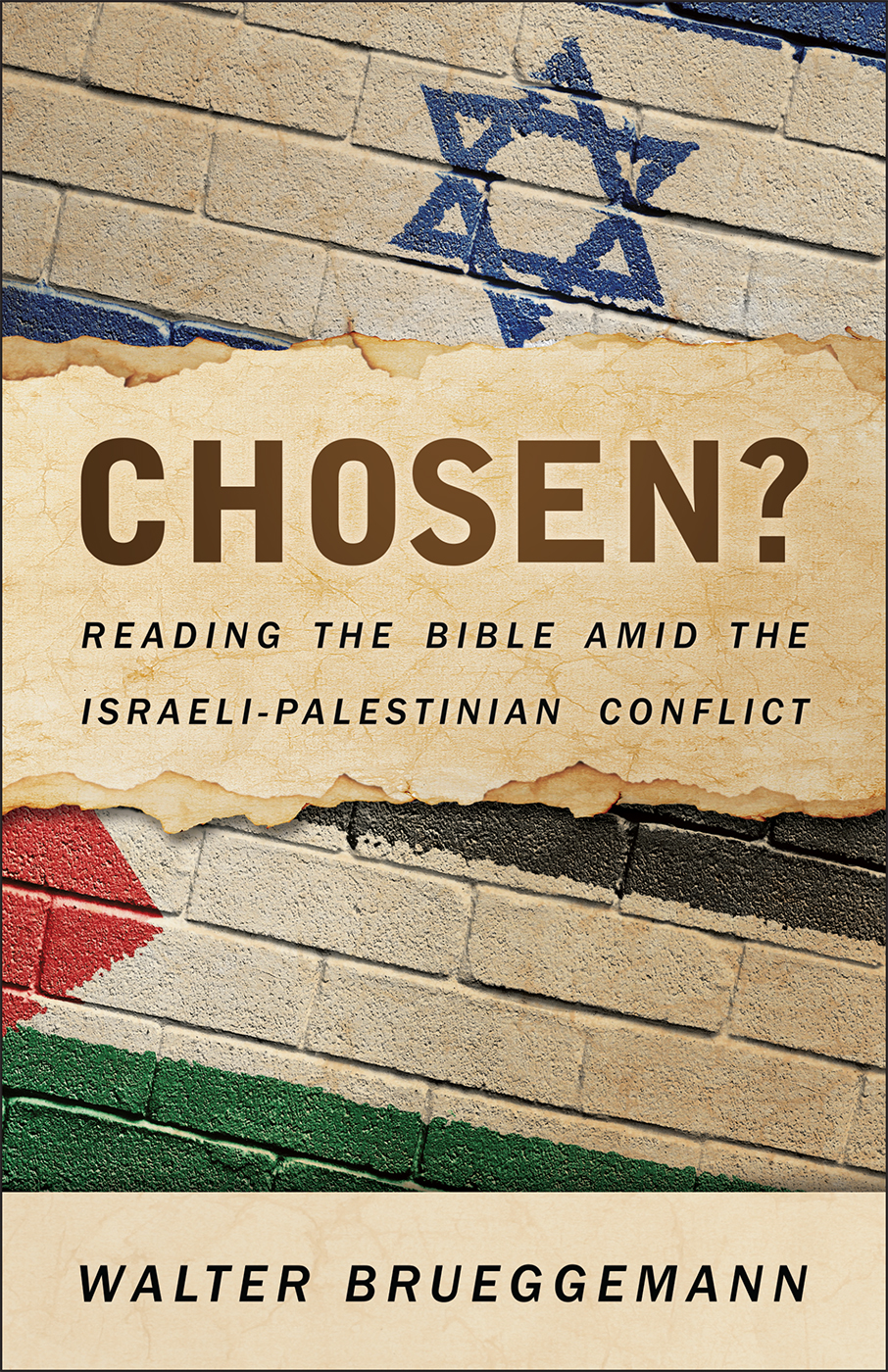
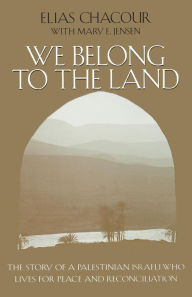
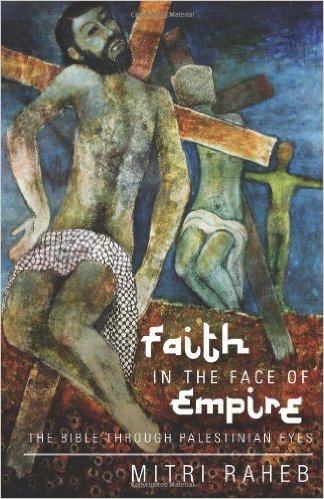
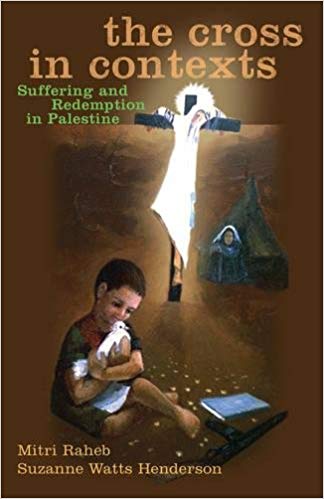
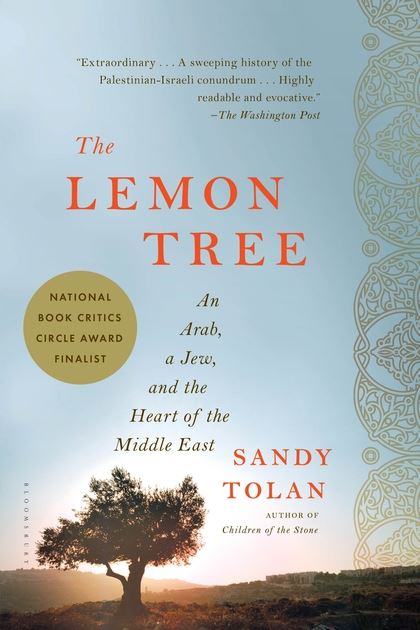
A Wall in Jerusalem: Hope, Healing, and the Struggle for Justice in Israel and Palestine by Mark Braverman. Many feel that they have a biblical obligation to “stand with Israel”-but do Americans really understand the conflict? And is Zionism the true path to peace? An American Jew, Mark Braverman was transformed by witnessing firsthand the devastating consequences of the struggle between Israelis and Palestinians to bring peace to their land. From the bustling communities on either side of the Jerusalem barrier to the historical intricacies of the Holocaust and South African apartheid to the foremost voices in conflict resolution today, Braverman outlines the conflict’s origins, gives Christians a biblical and historical basis for supporting both the state of Israel and Palestine and offers a path of action both at home and abroad to initiate peace.
Chosen? Reading the Bible Amid the Israeli-Palestinian Conflict by Walter Brueggemann. In four chapters, Brueggemann addresses the main questions people have with regards to what the Bible has to say about this ongoing issue. A question-and-answer section with Walter Brueggemann, a glossary of terms, study guide, and guidelines for respectful dialogue are also included. The reader will get answers to their key questions about how to understand God’s promises to the biblical people often called Israel and the conflict between Israel and Palestine today.
We Belong to the Land: The Story of a Palestinian Israeli Who Lives for Peace and Reconciliation by Elias Chacour with Mary E. Jensen. Nominated several times for the Noble Peace Prize, world-renowned Palestinian priest Elias Chacour narrates the gripping story of his life spent working to achieve peace and reconciliation among Israeli Jews, Christians, and Muslims. From the destruction of his boyhood village and his work as a priest in Galilee to his efforts to build schools, libraries, and summer camps for children of all religions, this peacemaker’s moving story brings hope to one of the most complex struggles of our time.
Faith in the Face of Empire: The Bible through Palestinian Eyes by Mitri Raheb. For Mitri Raheb, a Palestinain Christian living under Israeli occupation, the Middle Eastern context of the biblical story is crucial to its understanding and its relevance to his people today. A Palestinian reading of the Bible begins with an awareness of the role of empire. Each empire imposed its own system of control undergirded by an imperial theology. For Raheb, faith in God is the hope that there is something greater than empire. Jesus embodied that hope, and so Raheb spells out Jesus’ political program in relation to the Roman Empire of his time, its relevance for his community, and the biblical values relevant for the Middle East, past and present.
The Cross in Contexts : Suffering and Redemption in Palestine by Mitri Raheb and Suzanne Watts Henderson. The authors—a Palestinian theologian from Bethlehem and a New Testament scholar from the United States—explore the meaning of the cross in light of both first and twenty-first century Palestinian contexts. Together, their insights coalesce around themes that expose the divine power of the cross both for Jesus’ first followers and for contemporary readers alike.
The Lemon Tree : An Arab, a Jew, and the Heart of the Middle East by Sandy Tolan. In 1967, Bashir Khairi, a twenty-five-year-old Palestinian, journeyed to Israel with the goal of seeing the beloved stone house with the lemon tree behind it that he and his family had fled nineteen years earlier. To his surprise, when he found the house he was greeted by Dalia Eshkenazi Landau, a nineteen-year-old Israeli college student, whose family had fled Europe for Israel following the Holocaust. On the stoop of their shared home, Dalia and Bashir began a rare friendship, forged in the aftermath of war and tested over the next half century in ways that neither could imagine on that summer day in 1967. Sandy Tolan brings the Israeli-Palestinian conflict down to its most human level, demonstrating that even amid the bleakest political realities there exist stories of hope and transformation.
DVDs
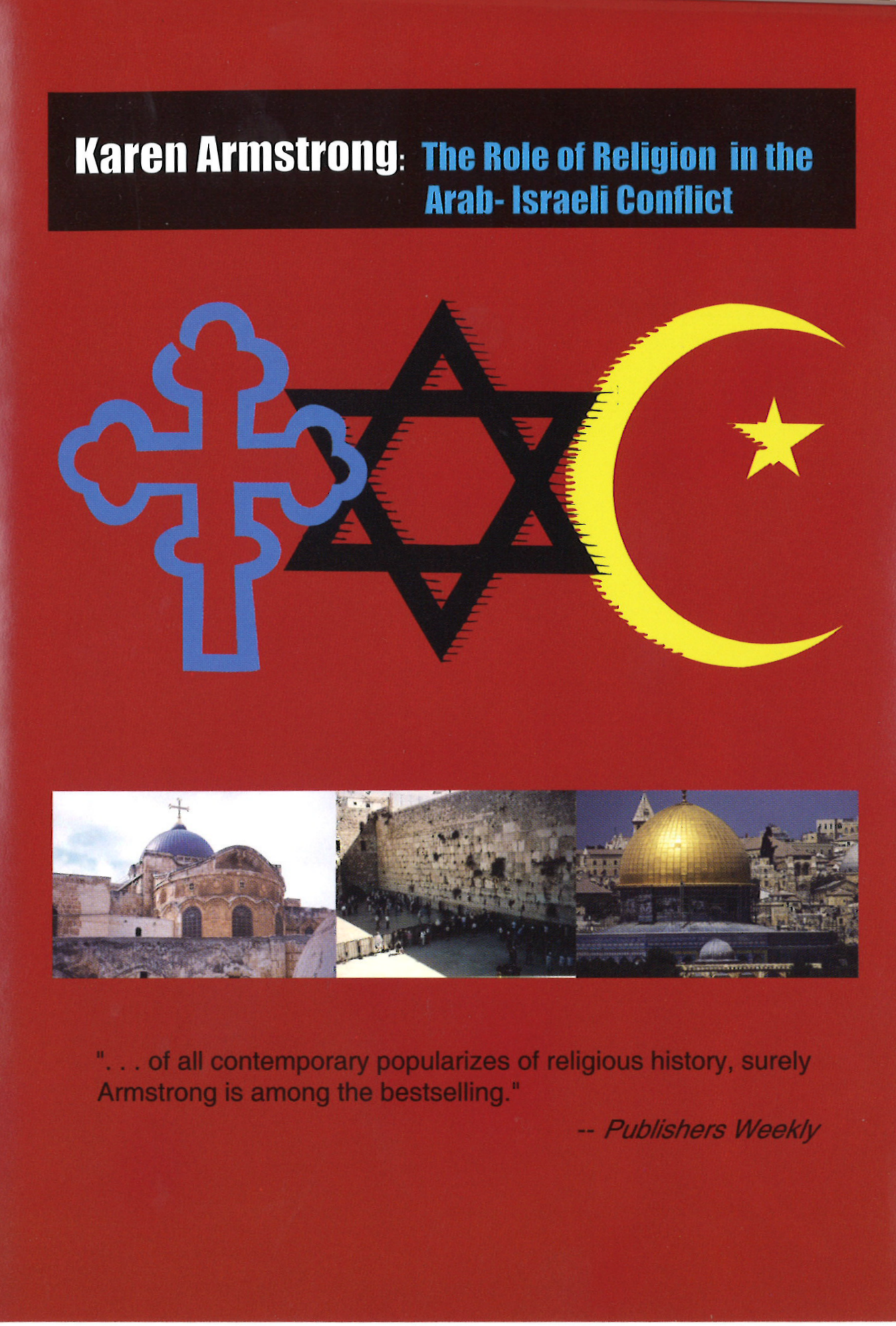
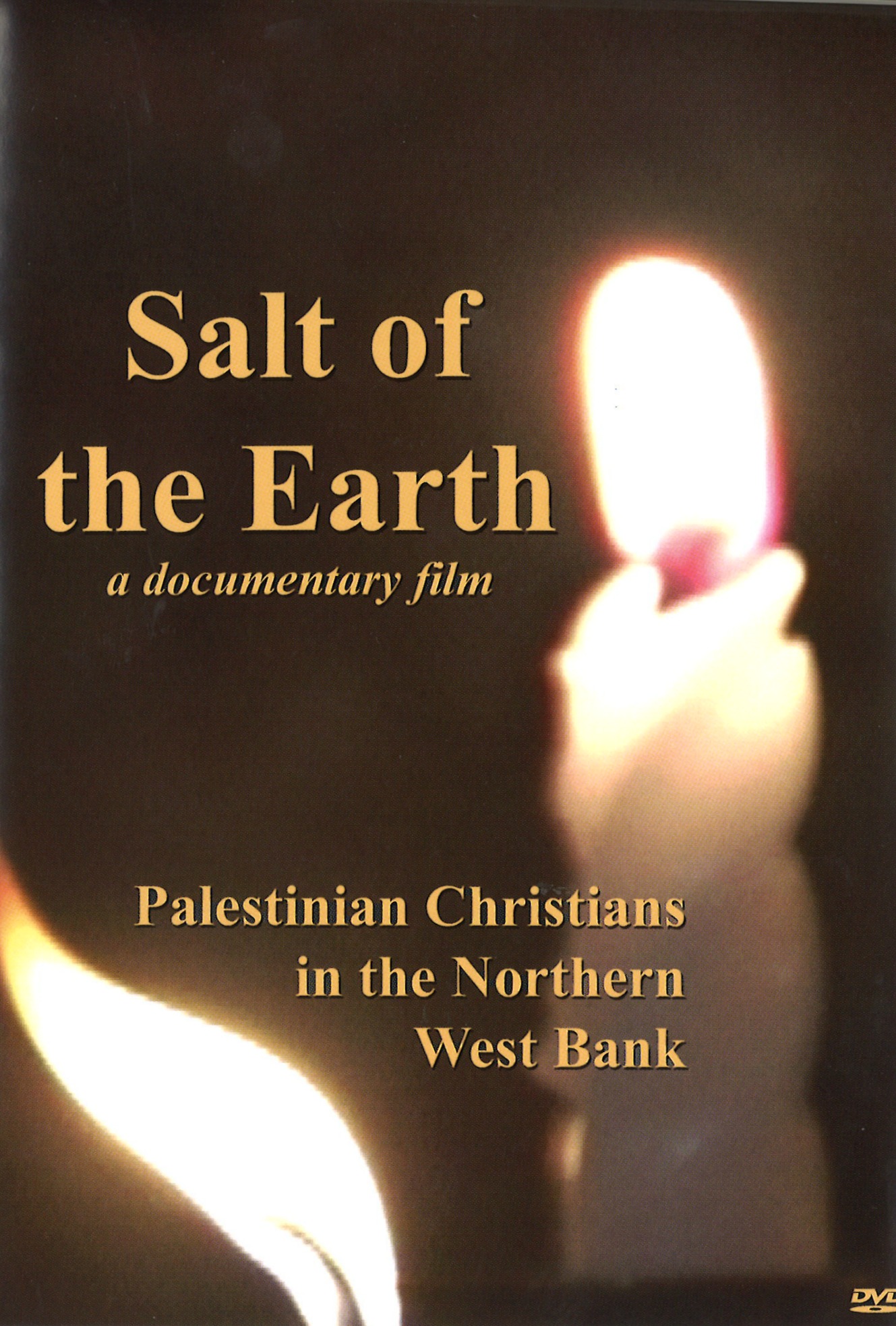
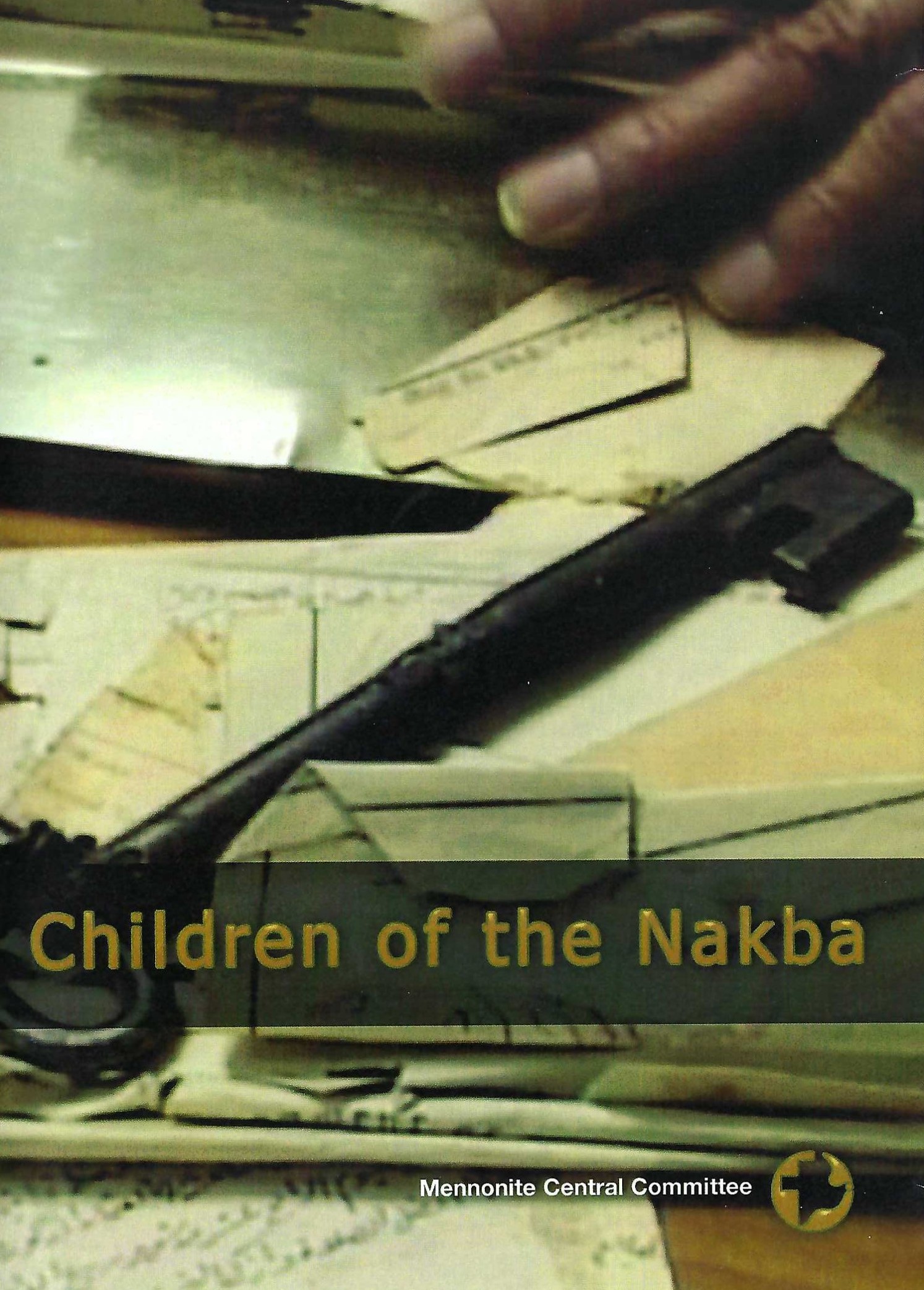
The Role of Religion in the Arab-Israeli Conflict by Karen Armstrong. Armstrong, hailed as one of the foremost commentators on religious affairs in both Britain and the United States, presents an insightful history of the conflict between Israel and its Arab neighbors, encouraging a more in-depth analysis of the impact of religion on the current state of Middle Eastern affairs.
Salt of the Earth: Palestinian Christians in the Northern West Bank by Marthame and Elizabeth Sanders. Marthame and Elizabeth Sanders lived in the mostly Christian Palestinian village of Zababdeh from August 2000, through December 2003. Volunteers with the Presbyterian Church (USA), their ministry was one of ecumenical support to the Church in the land of its birth. Salt of the Earth documents the lives of nine Palestinian Christians living in the northern West Bank. This film grew out of a desire among their Palestinian neighbors to share their stories, and a desire among Christians in the West to hear them. A study guide for each segment is included.
Children of the Nakba by the Mennonite Central Committee. For Palestinians, the events between 1947 and 1949 are remembered as a time when Israeli military forces destroyed over 500 Palestinian villages and expelled between 700,000 and 900,000 Palestinians from their lands–and about 85 percent of the Palestinian population at that time. These refugees have lived exiled from their land since then. Learn about the Palestinians who call these events the “Nakba”, an Arabic word meaning “catastrophe.” Both Palestinians and Israelis are children of the Nakba, heirs to a story of dispossession. Building a shared future of justice, equality, and reconciliation for both peoples will mean grappling with this history. Includes a study guide.
Request These Resources
These resources can be borrowed for free by anyone involved with a United Methodist Church in the North Carolina Conference. We will mail them to your home! All you need to do is fill out the Resource Request Form.

